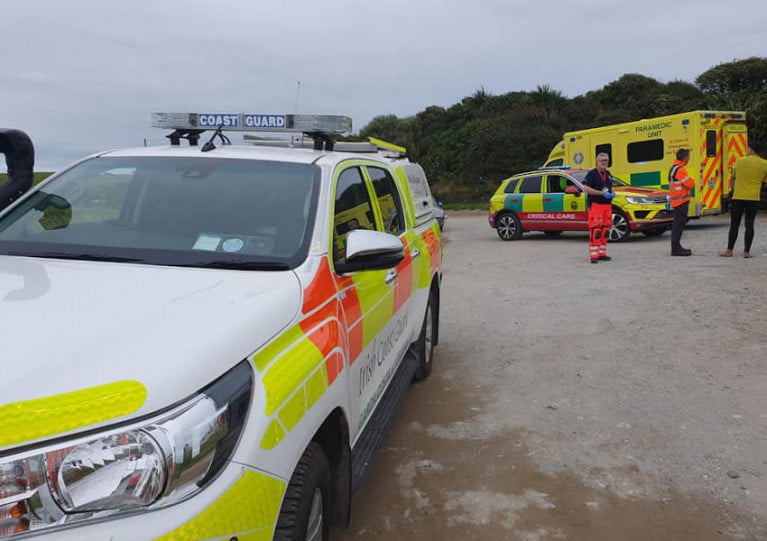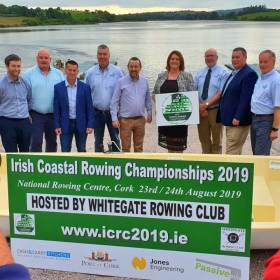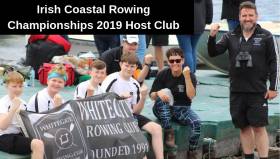Displaying items by tag: Whitegate
A local surfing school instructor raced to the rescue of a teenage boy caught in a rip current off a Co Cork beach at the weekend, as CorkBeo reports.
Luke Chambers of the Swell Surf School was with a surf class off Inch Beach near Whitegate on Sunday (26 July) when he spotted three teen sea swimmers in distress nearby.
Acting fast, Chambers got his surf students back on the beach safely before paddling out to the three boys as they were dragged out to sea by the sudden tide.
One of the stricken trio had managed to get onto a rocky reef, and the surfer assisted a second to climb onto the same reef.
Meanwhile, another man whom Chambers describes as an “angel” was keeping the third boy’s head above water, and they used the surfboard to bring him back to the beach where he was attended to by paramedics.
The boy, since named as Joey Kinahan, was taken to hospital as a precaution but has made a full recovery depite coming close to drowning.
CorkBeo has more on the story HERE.
Coastal Rowing Championships Launched
#Rowing: The 2019 Irish Coastal Rowing Championships have been officially launched. The event, on August 23rd and 24th, will be hosted by Whitegate Rowing Club from east Cork. The launch was at the regatta venue, the National Rowing Centre at Farran Wood, on Tuesday. The special guest was Ireland rower Monika Dukarska. The Killorglin woman has been a world coastal rowing champion.
The regatta director, Shane Russell, said the NRC was a superb facility. “I would like to thank Rowing Ireland, Whitegate Rowing Club and everyone who is assisting us in this event.”
The Jones Engineering Group, Port of Cork, Cash and Carry Kitchens and Passive Sills were all announced as main sponsors with a further announcement due in the coming weeks.
#Rowing: Whitegate Rowing Club are delighted to have been selected to host the 2019 Irish Coastal Rowing Championships. This event is one of the largest rowing regattas in Ireland and it is an honour for the club to have been nominated as this year’s host club.
The event will take place on the weekend of August 23rd and 24th and it will be held at the National Rowing Centre, Farran Woods.
The committee of Whitegate Rowing Club cordially invites our local community, club supporters and anyone who simply loves sports to the launch of their hosting of the Irish Coastal Rowing Championships at their cubhouse in Whitegate, Co. Cork on Saturday, April 20th at 6.30 pm.
This launch event coincides with a club open day, where those interested in taking park in the sport are more than welcome to come along and find out what it is all about! The open day runs from 5.30 pm to 7.00 pm and light refreshments will be served
Club Chairperson Rachel Barry said: “Coastal rowing is a fantastic sport and our members range from junior rowers of 10 years, right up to our Masters members (over 55) with incredible experience. We work hard to promote the sport of coastal rowing and are extremely proud of our club’s ethos of inclusion and strong sportsmanship. To be selected to host this year’s Championships is a huge honour and a matter of pride for our local community.”
Whitegate Rowing Club is one of east Cork’s premier coastal rowing venues. The club have been rowing out of their base at the Sawmills in Whitegate since 1991. The club are now looking forward to hosting their third All Ireland Coastal Rowing Championships and have a reputation as a strong and successful club in the sport of coastal rowing.
WRC’s mission is simple: to train and instruct members in the sport of Coastal Rowing. The club strives to foster, promote and develop the sport and create a positive and encouraging environment for all.



























































